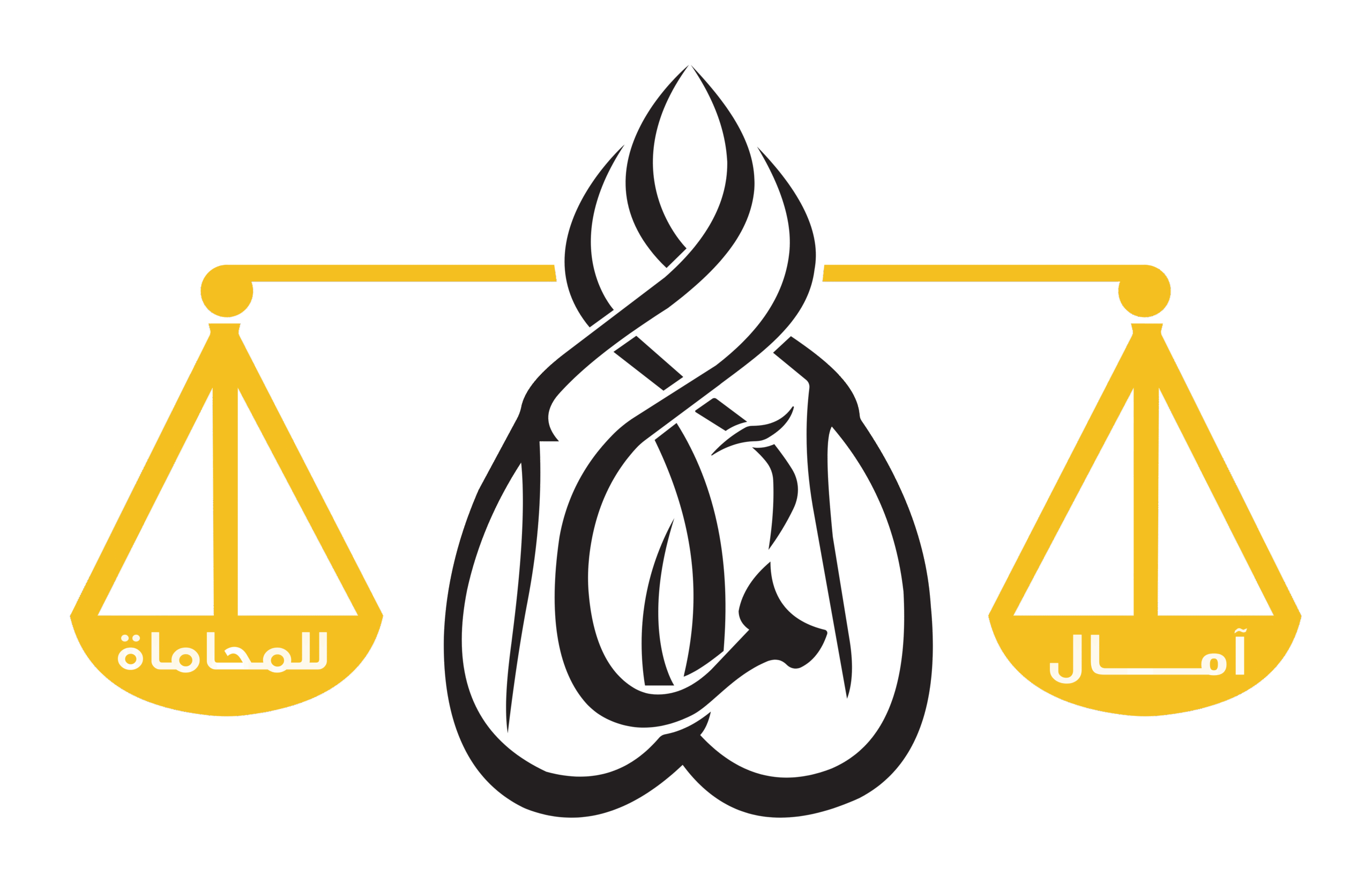The United Arab Emirates (UAE) is home to millions of expatriates, many of whom are married and raising families here. However, when family disputes arise—especially involving divorce, child custody, and alimony—expats often face confusion about how the law applies to them.
In 2022 and again in 2023, the UAE introduced major reforms to personal status laws, particularly affecting non-Muslim and expat residents. In this updated 2025 guide, we explain your rights under UAE Family Law and how the legal system handles family matters for expatriates.
👨⚖️ 1. Can Expats Divorce in the UAE?
Yes. Expatriates can file for divorce in the UAE, even if they were married abroad.
🔹 You can choose to apply:
-
UAE law (especially under new Civil Family Law for non-Muslims)
-
Your home country’s law (if it’s more favorable and applicable)
Key Changes for Expats (2023–2024 Reforms):
-
Non-Muslim couples in Abu Dhabi and Dubai can divorce under civil law (non-Sharia based)
-
Fast-track divorces are now available in certain cases without proving fault
👶 2. Child Custody in the UAE
Child custody is one of the most sensitive issues in family law. The UAE legal system prioritizes the child’s best interest, regardless of the parents’ religion or nationality.
🔸 For Muslim families:
-
Traditionally, the mother is awarded custody until the child reaches a certain age (13 for girls, 11 for boys), while the father remains the legal guardian
-
Judges can extend or transfer custody based on the child’s welfare
🔸 For Non-Muslim families (New Civil Family Law):
-
Courts may grant joint custody by default
-
Custody is not automatically based on gender
-
Parents can request full or shared custody based on stability, living arrangements, and financial support
Note: The rules vary slightly between Abu Dhabi, Dubai, and other emirates, depending on where you file.
💰 3. Alimony & Financial Support
In the UAE, alimony (also called spousal maintenance) and child support depend on:
-
Length of the marriage
-
Income of both parties
-
Standard of living during the marriage
💡 Alimony includes:
-
Financial support for the ex-wife (temporarily or permanently)
-
Payment for children’s housing, education, medical needs, and general care
In most cases, the father is legally obligated to support the children financially after divorce, even if the mother has custody.
📜 4. Legal Grounds for Divorce
Under UAE law, valid grounds for divorce may include:
-
Adultery
-
Abuse (physical or verbal)
-
Abandonment
-
Failure to provide financial support
-
Incompatibility (under civil law for non-Muslims)
The UAE allows no-fault divorce in some cases for expats, especially in Abu Dhabi under Federal Decree Law No. 41 of 2022.
📝 5. Required Documents for Divorce in the UAE
To initiate divorce proceedings, you typically need:
-
Valid marriage certificate (translated & attested if issued abroad)
-
Passports and Emirates IDs of both spouses
-
Proof of residence in the UAE
-
Financial documents (for alimony and child support claims)
-
Evidence (if filing for fault-based divorce)
⚖️ 6. The Divorce Process in the UAE
-
File a case at the Family Guidance Section of the court (Dubai, Abu Dhabi, or other emirates)
-
Attempt mediation (mandatory initial session)
-
If unresolved, the case proceeds to Family Court
-
Judgment issued; custody, alimony, and support determined
Timeframe:
Divorces can take 1–6 months, depending on complexity and mutual agreement.
🌐 7. Cross-Border & International Divorce Issues
Many expats wonder whether a UAE divorce will be recognized in their home country. The answer depends on:
-
Where you were married
-
Your nationality
-
Whether UAE courts applied local or foreign law
Legal advice is essential for enforcing UAE divorce decrees abroad or vice versa.
🛡️ 8. Why You Need a Family Lawyer in the UAE
Family law in the UAE can be complex—especially for expats unfamiliar with Arabic court proceedings or the civil/Sharia divide.
At [Your Law Firm Name], we specialize in:
-
Divorce & custody cases for expats
-
Drafting legal separation agreements
-
International family law issues
-
Mediation and out-of-court settlements




